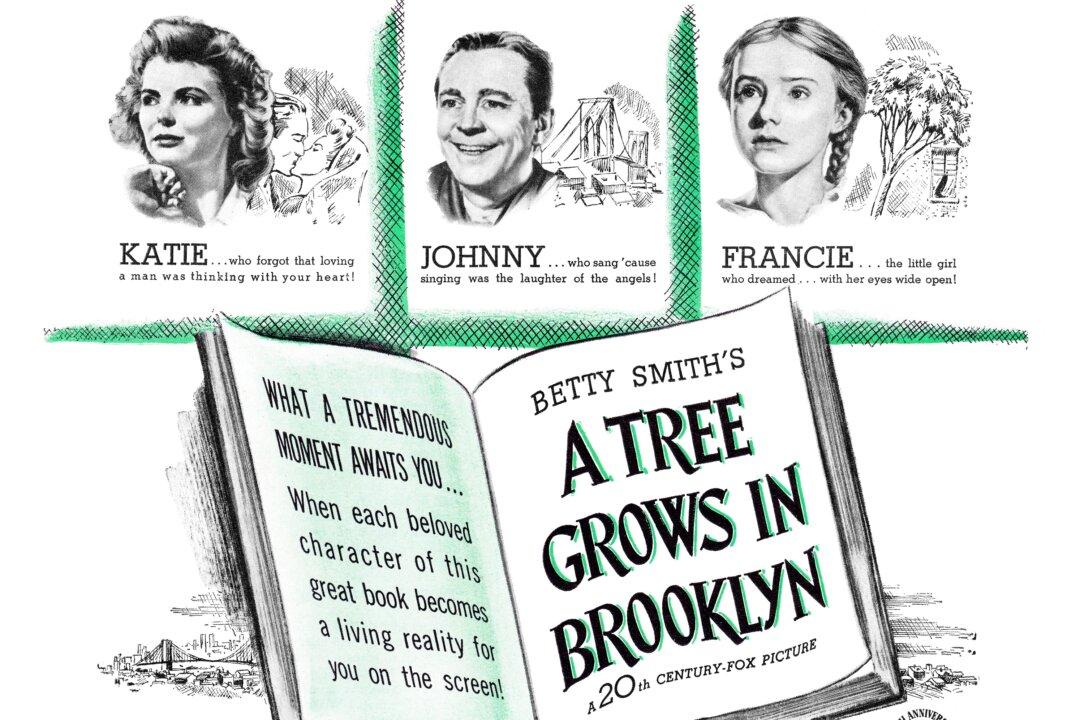A friend recently contacted me about the movie “Birds of Prey.” She’d read a review of the movie in The Epoch Times and was as appalled as the reviewer by the violence of a movie aimed at a young female audience. My friend wrote of older Hollywood films: “If a woman had to be strong (say her husband was at war), she did so displaying all of men’s best traits: honor, integrity, self-sacrifice. Here (that is, in “Birds of Prey”), the criminal violence of women is applauded.”
She added that we’ve gotten to the point where female characters in the movies must be as hardened and as violent as males, “which is no credit to women any more than it is to men.”






